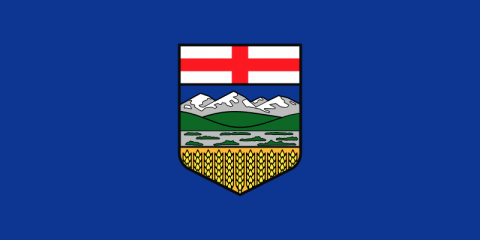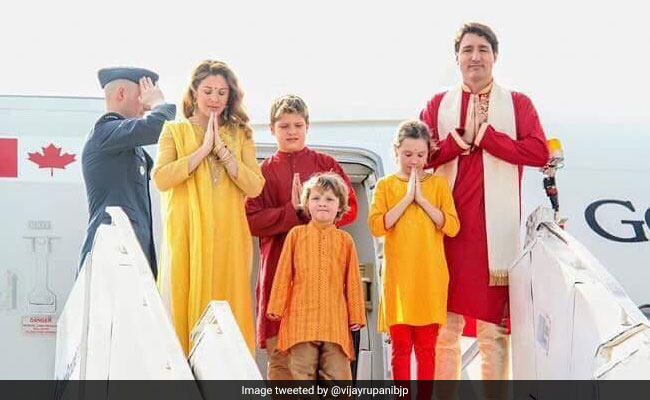Colby Cosh discusses the hot topic in western Canada, separatism:
In trying to puzzle out the immediate future of Greater Alberta’s struggle with Confederation, one is naturally exposed to many varieties of the question “What are you blue-eyed sheiks complaining about?” Alberta is still a province with relatively high incomes despite a labour market that has been in the doldrums for years: why, people ask, is there separatist panic in a place that is still far wealthier than, say, Newfoundland? A good short answer to this would be “That’s why everybody here is going nuts: we don’t want to become Newfoundland.”
Newfoundland, unlike Alberta, was given the choice of joining Confederation on a bare majority vote; the result, in time, is that the province’s defining cod industry was permanently annihilated … thanks to expert, scientifically informed, completely well-intentioned centralized management from Ottawa. Hey, mistakes happen! One long-term consequence of this one is that a large fraction of the ethnic stock of Newfoundland now lives and works in Alberta. It might be that “Wexit” sentiment is especially strong in this expatriate community, though no one has any hard data to hand yet.
A crucial purpose of Alberta Premier Jason Kenney’s “Fair Deal Panel,” announced on the weekend, is to gather some. Kenney announced, in a speech which reaffirmed his own strong commitment to federalism, that Preston Manning will head a group of MLAs and academics whose job will be studying ideas for giving Alberta more autonomy within Confederation. The “Fair Deal Panel” is going to look at a number of concepts that have been swirling around for decades but which were ignored by Alberta’s Progressive Conservative governments. One notes, however, that the panel does have a mandate to sound out public opinion quantitatively, through polling and focus groups.
Some of the political concepts recommended to the Fair Deal Panel for study appeared in what is remembered as the Alberta “Firewall Letter,” authored by Stephen Harper and a group of Calgary School fellow-travellers (not including Kenney); the letter was first published in this newspaper in 2001. The firewall had five components: Alberta withdrawal from the Canada Pension Plan, Alberta withdrawal from the federal Tax Collection Agreement, the revival of an Alberta Provincial Police force, a request for tax points from the federal government in place of cash transfers for health and welfare, and a provincial referendum on Senate reform, which was still a thing back then.





